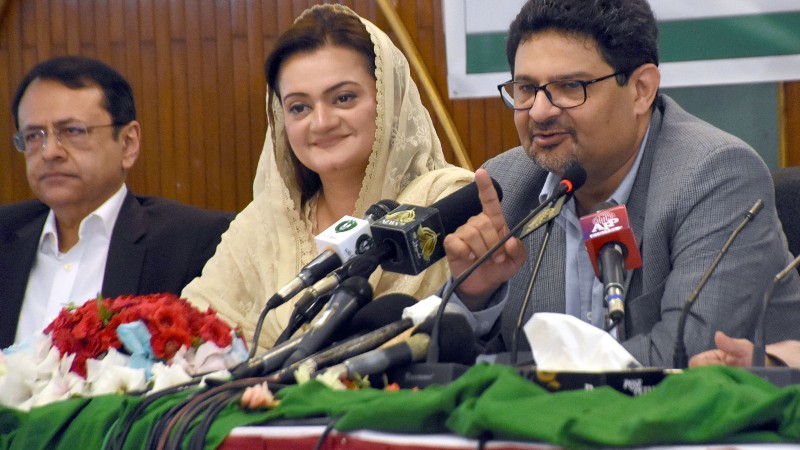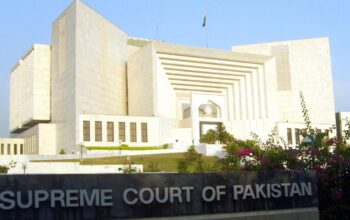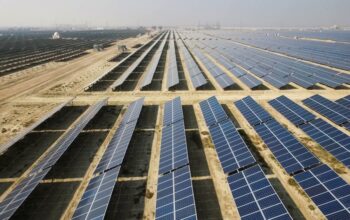It’s a one-time levy on the super-rich, who must chip in like everybody else, says the Finance Minister.
By Staff Reporter
ISLAMABAD: A candid exchange over Twitter involving Finance Minister Miftah Ismail was reported here the other day as “a rare peek” into his approach to budget making. It turns out such peeks are anything but rare.
At least, our articulate Finance Minister has been gushing about budget making all over Twitter – which is how it should be: A public representative at his ease among the public, sharing his government’s circumstances and his thought process.
In one thread, the Finance Minister presented his rationale for super tax – a one-time levy on the super-rich being introduced to balance the upcoming national budget. A combination of cold logic and sentimental appeal, his argument is basically bulletproof.
It started when a user took a nasty pot shot at super tax but calling him a “hidden Marxist”. A lesser person would have preferred to sidestep the question. Not our finance minister.
“I am not at all a hidden Marxist”, he responded. “I am a firm believer in markets and capitalism. Also in social justice. If our country was on the brink of default, what was the government supposed to do?”
Ismail argued that if we want our poor people to bear a staggering burden of inflation – which he chalked to the global energy price hike and the previous governments “incompetence and irresponsibility” – our rich should also pay.
He said: “If we want our middle classes to bear 17% tax on consumption and high utility rates … then shouldn’t our rich also pay?”
He was also askance why the push back on super tax when everyone talks about “the benefit of direct taxes”.
He made clear it was a one-time levy, its rate ranging from 1 percent to 10 percent based on the person or entity’s wealth; and that super tax is being imposed on companies and individuals raking in PKR 150 million in annual income.
The Finance Minister Pakistan is set to have a tax to GDP ratio of 8.6 percent, one of lowest in the world this year.
“This year we will have a primary deficit of about [PKR 1,600 billion, after agreeing with the IMF in February that it would only be [PKR] 25 billion”.
He said he would have to make an adjustment of PKR 1750 billion in primary deficit in one year, which is neither easy nor trivial.
“After 4 record budget deficits under PTI I am not going to run another ruinous deficit. This year, after 4 years of PTI, we will have the highest trade deficit.
“I must contain this unsustainable current account deficit. The alternate is default.”
He said the CAD this year would be among three historic highs, and added, “This has been a fiscally irresponsible year and I have to contain the damage.
“What did I do? I super-taxed the factories owned by the PM’s sons. I super-taxed my own businesses. This has to be a shared sacrifice. Those of us who are rich have to come forward and pay.
Alluding to the terrible quality of public education, he said, “Most kids passing matric exams from government schools cannot even write two sentences in Urdu or calculate percentages. We are failing our children.
“We are not providing adequate health care to most poor citizens. Our governments have to do better in the limited resources we have. We must make [level the playfield] for rich and poor.
He asserted his job was to provide adequate resources to the various tiers of government, and to ensure Pakistan is able to meet its international financial commitments, and concluded, “InshaAllah I will make sure of that.”
Copyright © 2021 Independent Pakistan | All rights reserved




